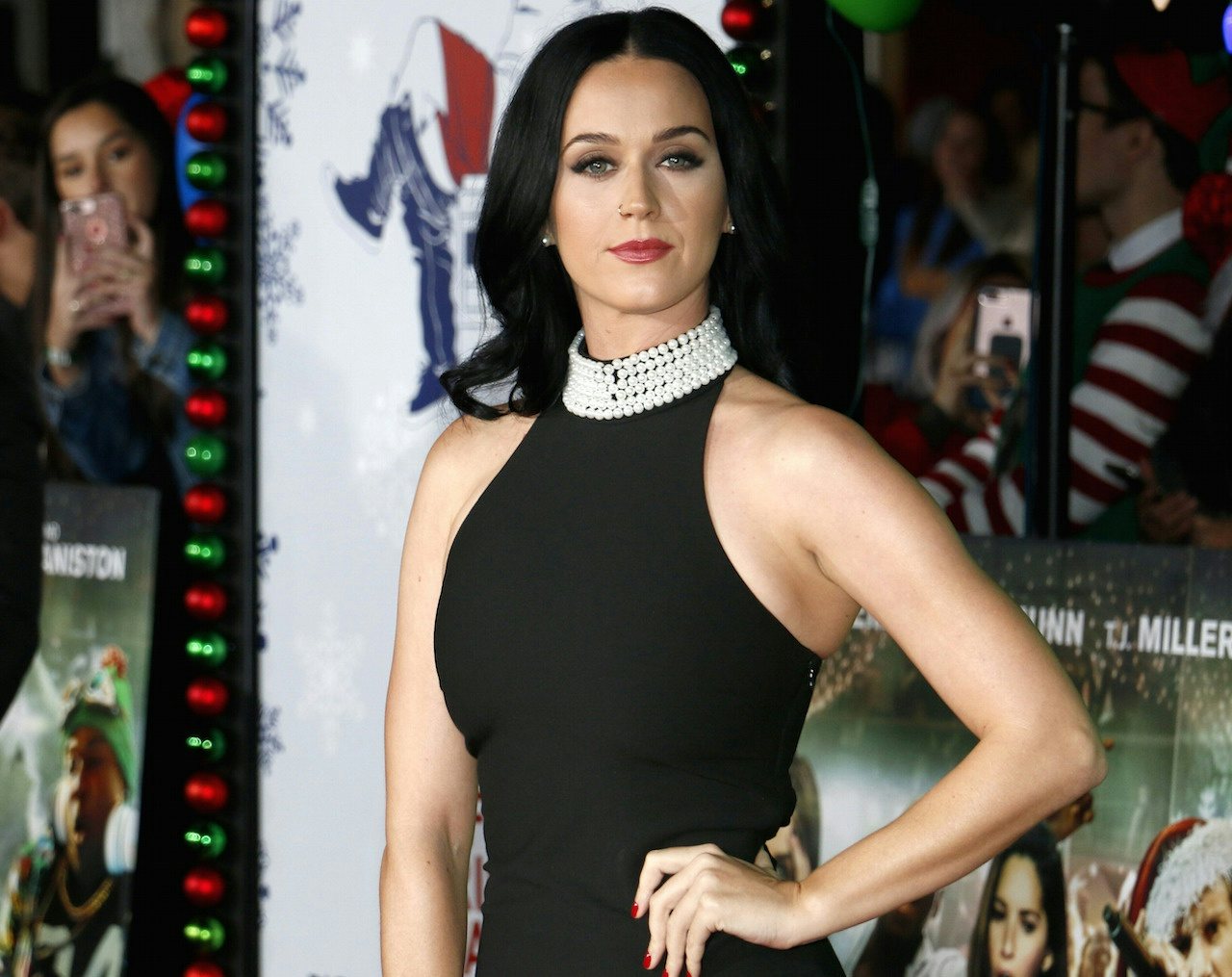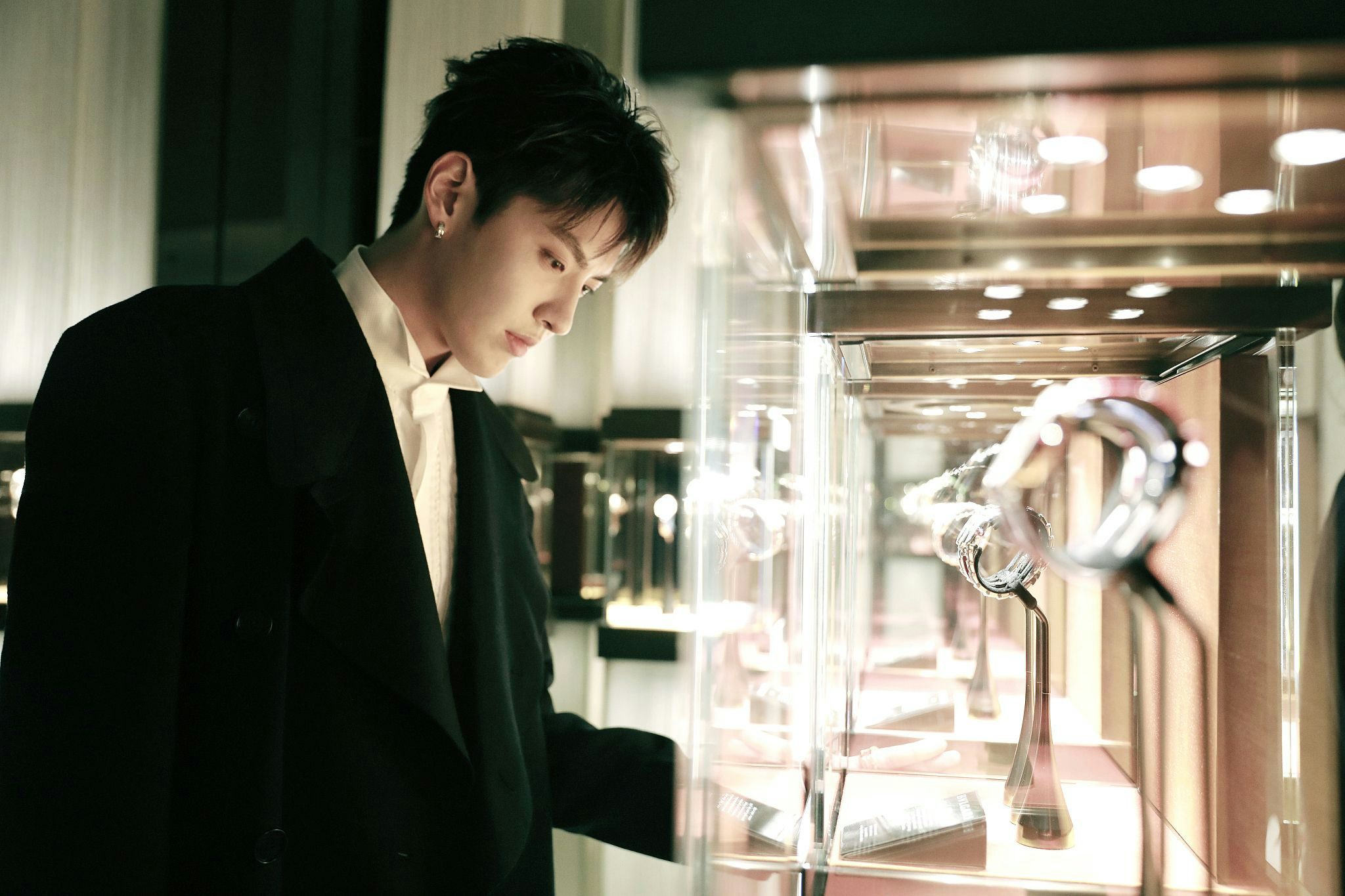Additional reporting by Mason Hinsdale
In recent years, foreign luxury brands in China have heavily relied on celebrities to enhance brand recognition and gain customer loyalty. Though this strategy can bring about repercussions when brands work with someone who does not fit their image, partnering with celebrities can at least bring a substantial amount of traffic and attention on social media. Marketers can then leverage this attention to promote products and tell brand stories.
Making celebrities the public face of brands, nonetheless, has become an increasingly difficult task nowadays, which requires marketers to understand the political, cultural and social reality of China and vet potential brand ambassadors.
In recent months, the Chinese government has rolled out a series of measures to regulate celebrity and entertainment circles. The most recent prominent example of this is Katy Perry, who was scheduled to perform at the Shanghai Victoria Secret Fashion Show this year. However, her visa was denied because of her 2015 performance in Taipei, where she donned a dress with sunflowers on it and waved a Taiwanese flag. The sunflower was the symbol of the 2014 Sunflower Student Movement, which protested a bill that aimed to liberalize trade between China and Taiwan. However, many protesters feared further economic integration with China would encroach on Taiwan's political independence.
The above example speaks to the necessity for luxury brands to fully understand the lifestyles, personal behaviors and relationships, as well as political attitudes of the celebrities who they want to hire. Celebrities’ massive online popularity will make their career-ending scandals go viral much more easily than others, which could bring irreversible damage to the brands that they represent.
Though there are no perfect precautionary measures that can be taken to totally avoid celebrity scandals from occurring, there are many lessons that luxury brands can learn about what the Chinese government and the public dislike based on some previous cases. The following are several issues that the Chinese government and online citizens show zero tolerance for:
1. Drugs#
Drugs are totally forbidden in China. This includes marijuana, which has been legalized in many nations around the world. In 2015, the Chinese government passed a regulation that stipulates that celebrities who are involved in drug-related scandals cannot appear in TV shows, advertisements, films, etc. and brands that work with them have to drop their contracts.
The Taiwanese actor Kai Ko, who used to be the brand ambassador of the French premium cosmetics brand L'Oreal, is a prominent example of a brand ambassador running into trouble for drug use. Ko gained fame for his role in the film "You Are the Apple of My Eye." In 2014, he was detained by Beijing police for drug use and L'Oreal issued a public statement to apologize to the public for working with Ko.
2. Political Stance#
It is equally important to check the political stance of celebrities before hiring them. In China, the public cannot promote Taiwanese and Tibetan independence. It is also unacceptable to criticize the country's political system and leaders or publicly show affinity for Japan.
Lancome's previous brand ambassador, Denise Ho from Hong Kong, was removed from her position after voicing her support for the "Occupy Central" movement, which sparked backlash on China's social media sites last year.
3. Extramarital affairs#
The Chinese online community also has zero tolerance for celebrities' extramarital affairs. Extramarital scandals cause substantially more uproar on the Chinese internet and the unfaithful party is often harshly criticized for his or her unethical behavior. In recent years, the Chinese populace has at times voluntarily boycotted celebrities who are involved in this type of scandal.
Montblanc's previous Chinese brand ambassador Lin Dan, a professional badminton player who has won two Olympic gold medals, is a prime example. He was replaced by other celebrities immediately after his extramarital affairs were exposed to the public in 2016.
4. Charity Fraud#
For Chinese celebrities, it is a highly valuable practice for them to participate in philanthropic activities. The government and the public like to see them give their time or money for a cause.
The Hollywood star Zhang Ziyi, who was also the brand ambassador of Giorgio Armani, came under fire for charity fraud. Zhang reportedly lied about donating money to aid people who suffered in the Wenchuan Earthquake in 2008. Zhang quickly received harsh rebuke from both the Chinese government and the public. The state-owned People's Daily wrote an open letter to Zhang, that said that her behaviors "challenged human being's moral limitation." The brand immediately dropped Zhang.
5. Unethical Business Practices#
Nowadays, many Chinese celebrities have their own businesses along with their careers as actors or singers. Therefore, luxury brands have to ensure that they are aware of the kind of businesses that their celebrity partners have been running. For example, Emporio Armani's Chinese brand ambassador Hu Ge owns a Japanese restaurant in Shanghai. Dior's brand ambassador Angelababy is also the founder of two venture capital firms.
Last week, the brand ambassador of the high-end watch brand Jaeger-LeCoultre, Zhao Wei, was involved in a financial fraud case. Chinese authorities discovered her and her husband’s unethical activities in the country’s capital markets.



